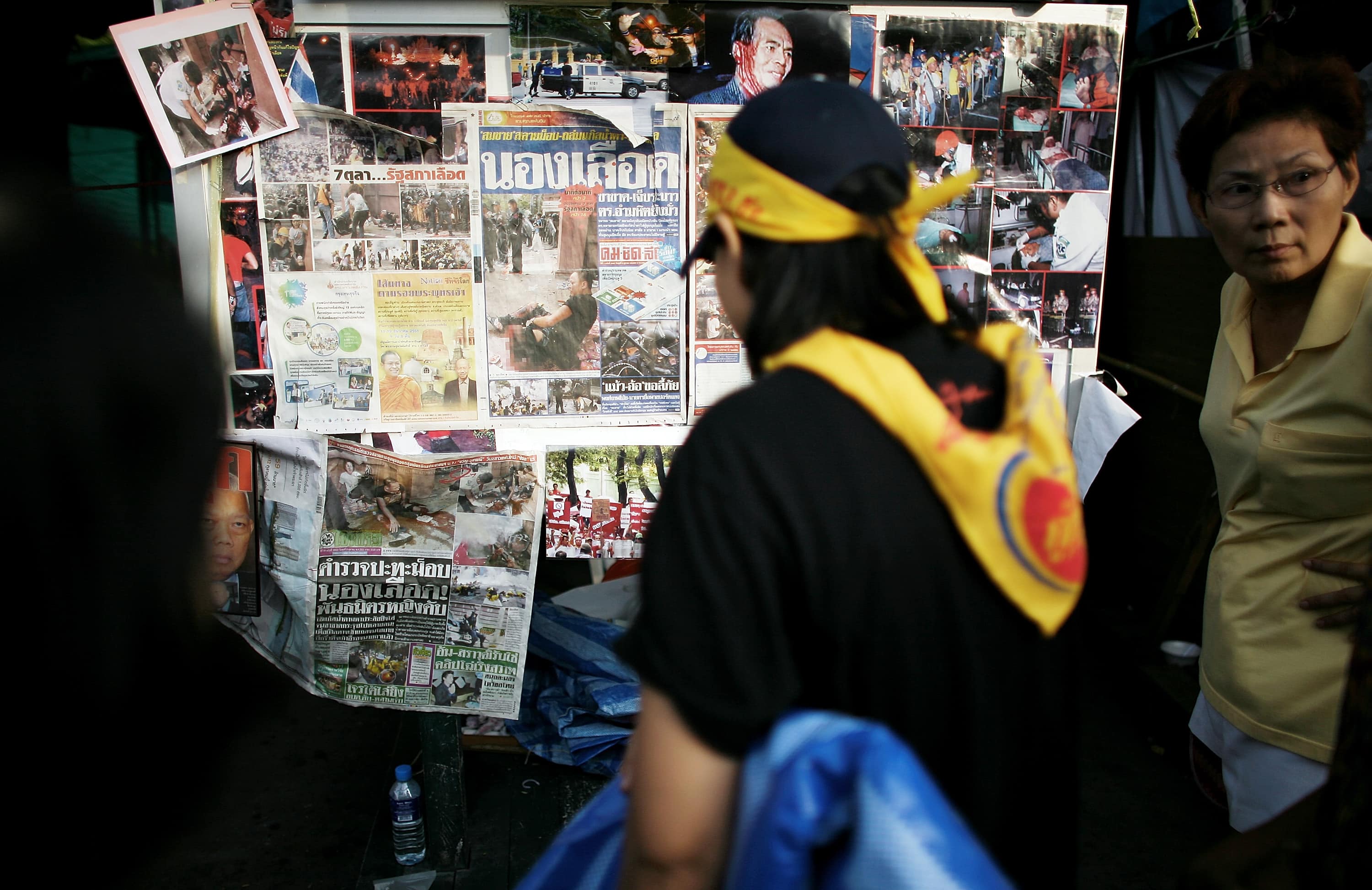After lifting a ban on political activities, Thai authorities are pressed to remove restrictions on freedom of expression.
This article was originally published on seapa.org on 12 December 2018.
The Southeast Asian Press Alliance (SEAPA) strongly urges the National Council for Peace and Order (NCPO) in Thailand to lift the ban on free expression ahead of the national vote scheduled for 24 February 2019.
While SEAPA welcomes the lifting of the ban on political activities and public assemblies in Thailand, as announced on Monday (10 December 2018) by the NCPO, a precursor to the ruling Thai military government, it notes with deep concern that restrictions remain on freedom of expression.
NCPO Chief Order No 22/2018 partly repealed nine of the military junta’s orders and excluded the lifting of all free expression restrictions. For example, Article 12 of the NCPO Order No 3/2015 on prohibition of gatherings of more than five people was lifted but restriction on media coverage of state’s handling of emergency situations under Article 5 of the order is still in force.
This means that while people are free to come together and engage in political activity, kickstarting the election campaigns, legal infringements on freedom of expression remain firmly in place. Any sign of breaching such prohibitions renders one in danger of prosecution.
Media outlets or individuals, both on traditional and social media, are still barred from distributing information regarded as “malice,” “false information,” or having an “aim to discredit” the junta. These orders in effect restrict all forms of criticism of the military authorities, erode media freedom, and increase online and offline censorship. (Read. Country report for 2017: “’Reform’ further restricts free speech and media”)
SEAPA stands pat on its belief that elections are meaningful only to the extent that citizens can freely engage in public discourse, including on vital and pressing issues confronting the nation as well as the state of public governance while carefully considering the qualifications of each candidate and their platforms.
The need to allow the media to report freely and independently in order to ensure an informed and engaged citizenry, while giving rein to public dissent, cannot be stressed enough.
Guaranteeing the right of the media to perform its duty, during elections and beyond, and without fear for their safety, is a precondition to free and fair elections that Thailand needs to signal its return to political normalcy.



